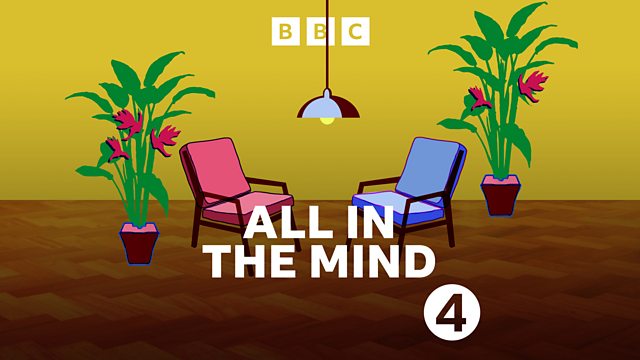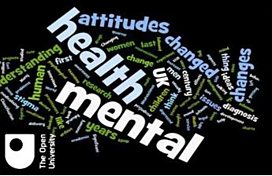23/06/2020
A new therapy to help with memory and concentration in bipolar disorder; brain differences in owls and larks; online status indicators.
People living with bipolar disorder can experience episodes of depression and mania which last for weeks - and following these episodes many say they have cognitive deficits - difficulties with memory, concentrating and doing even simple tasks. Rosie Phillips who has bipolar and works as a Peer Support Services Manager for the charity Bipolar UK experienced such difficulties after an episode of mania. She describes the impact as like going head-first through a car windscreen, needing a long period of recovery. Professor Allan Young of Kings College, London, wants to see if a treatment called Cognitive Remediation Therapy can help. Originally used to improve the thinking skills of people with schizophrenia, the therapy involves working with a therapist on a computer for 3 months. Although the work has been affected by lockdown so far the results look promising.
Getting up early comes naturally to some people who are like larks whereas their late-night counterparts, the owls thrive on staying up late. New research carried out at Brunel University has revealed that the grey matter in one area of the brain called the precuneus is larger in owls than larks. But it's not such good news for owls. Previous studies have already shown that lower volumes of grey matter in this region are associated with how empathetic and pro-social someone is, traits which are associated with being an early riser.
When you use certain apps on your phone or computer a tell-tale blue or green dot or tick lets people know if you are online. But do you want everyone to know when you are available? New research suggests that many people don't realise just how much information that online status indicators reveal to other people.
Last on
![]()
All in the Mind is produced in association with The Open University
Broadcasts
- Tue 23 Jun 2020 21:00大象传媒 Radio 4
- Wed 24 Jun 2020 15:30大象传媒 Radio 4
Podcast
-
![]()
All in the Mind
The show with the latest evidence on psychology, mental health and neuroscience.




